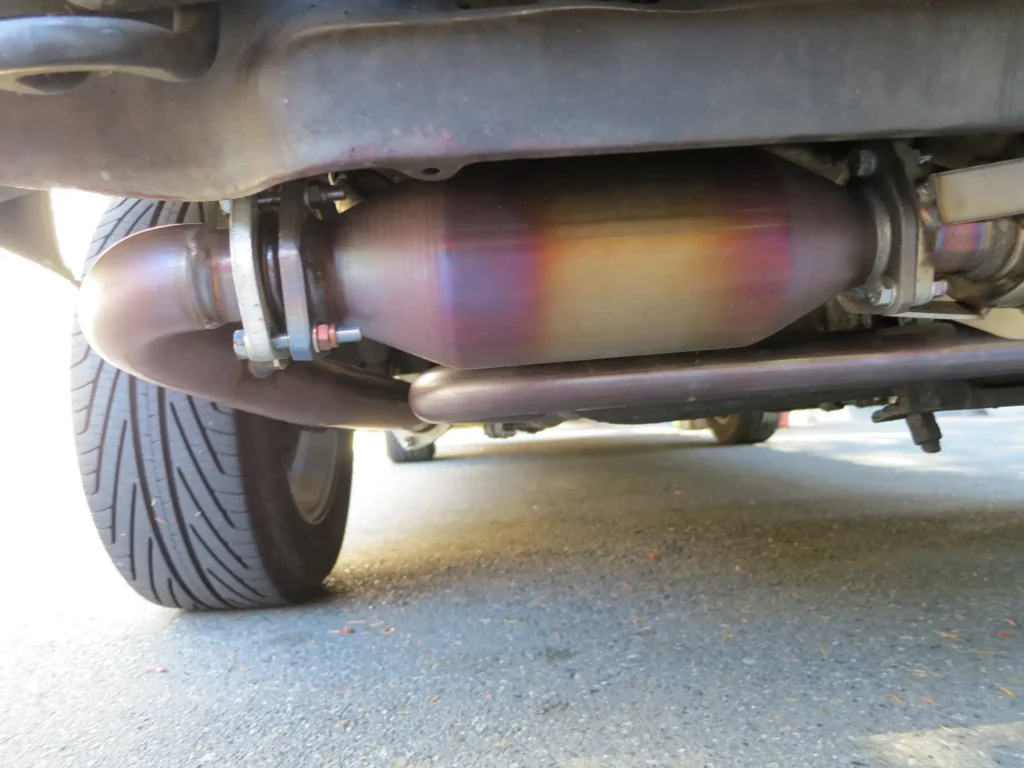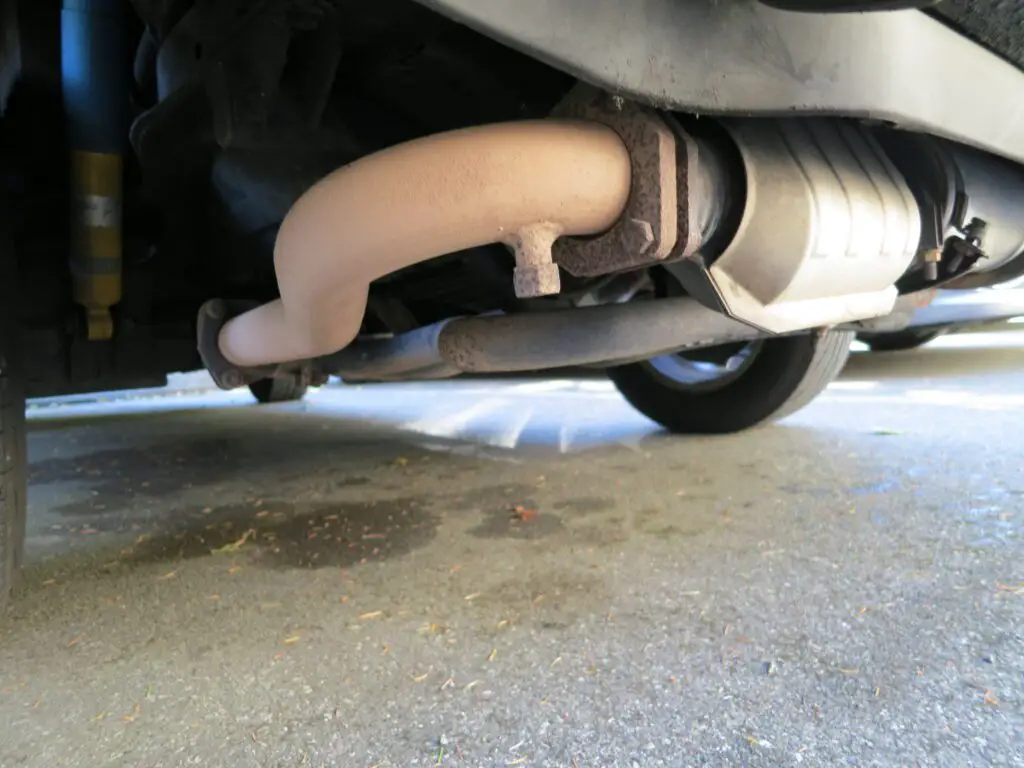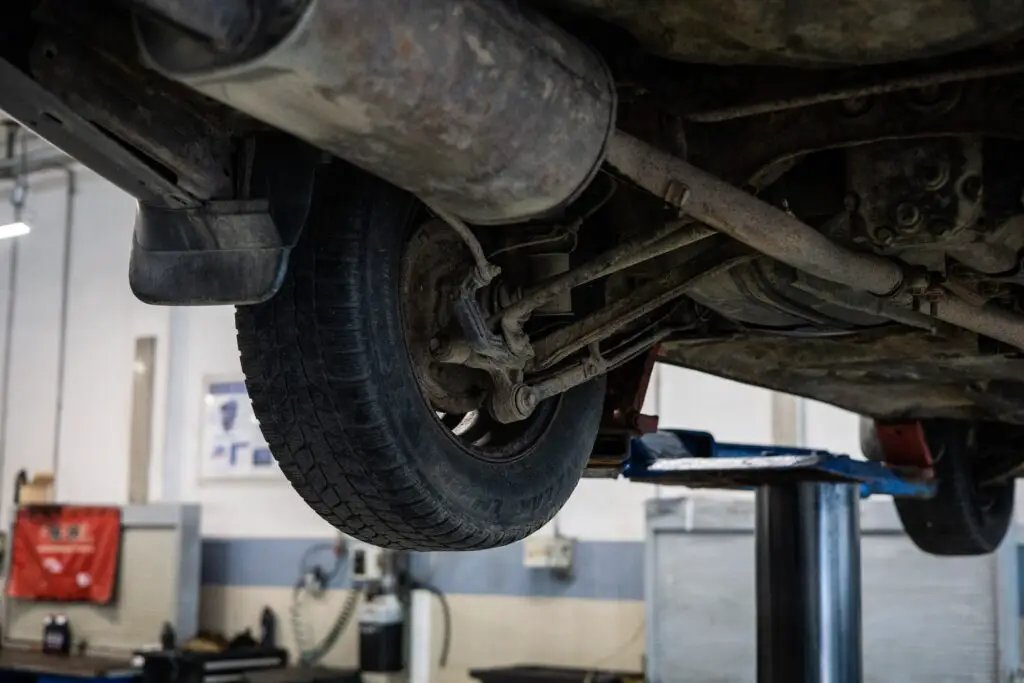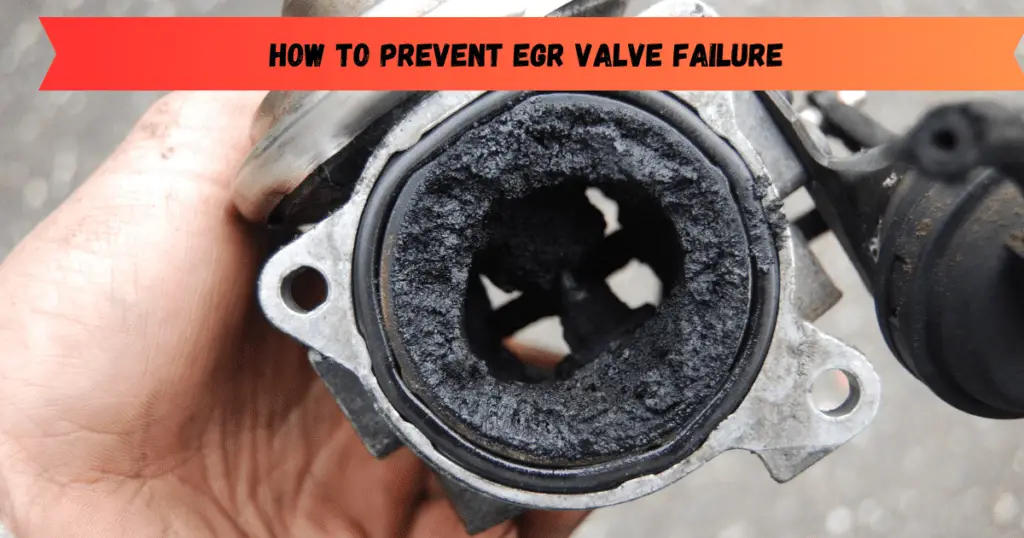If you’ve recently had your catalytic converter replaced, and now you’re dealing with a foul, sulfurous odor from your vehicle’s exhaust, you’re not alone. Many car owners face this issue, and it can be a frustrating and concerning problem. However, the good news is that there are ways to diagnose and fix this issue.
In this comprehensive guide, we’ll dive into the common causes, solutions, and expert tips to help you eliminate the new catalytic converter smell and keep your vehicle running at its best.
Understanding the Catalytic Converter
The catalytic converter is a crucial component of your vehicle’s exhaust system. It’s responsible for converting harmful exhaust emissions, such as carbon monoxide and unburnt hydrocarbons, into less toxic substances before they are released into the atmosphere.
When a catalytic converter is replaced, it can take some time for it to “break in” and function at its optimal level.
Causes of the New Catalytic Converter Smell
The most common cause of the foul odor from a new catalytic converter is the “break-in” process. During this initial period, the converter may release sulfur-based compounds, resulting in the characteristic “rotten egg” smell. This is a normal part of the break-in process and should dissipate over time as the converter becomes fully operational.
Another potential cause of the smell is a problem with the engine or fuel system. If there are issues with the engine, such as misfiring or improper fuel mixture, it can lead to unburnt fuel or other byproducts entering the catalytic converter and causing the unpleasant odor.

Fixing the New Catalytic Converter Smell
- Break-in Period: Be patient and allow the new catalytic converter to complete its break-in process, which can take anywhere from a few hundred to a few thousand miles of driving. The smell should gradually dissipate as the converter becomes fully functional.
- Engine Diagnostics: If the smell persists beyond the initial break-in period, have your vehicle’s engine and fuel system checked by a professional mechanic. They can use diagnostic tools to identify any underlying issues that may be causing the problem.
- Fuel System Maintenance: Ensure that your vehicle’s fuel system is in good condition. This includes regularly changing the fuel filter, checking for fuel leaks, and addressing any issues with the fuel injectors or other fuel system components.
- Exhaust System Inspection: Inspect your vehicle’s entire exhaust system, including the catalytic converter, for any leaks, cracks, or other signs of damage. A leak in the exhaust system can allow unburnt fuel and other emissions to escape, contributing to the foul odor.
- Catalytic Converter Replacement: In some cases, the new catalytic converter itself may be faulty or damaged. If the above steps don’t resolve the issue, you may need to have the catalytic converter replaced again by a professional mechanic.
Frequently Asked Questions
How long does it take to break in a new catalytic converter?
The break-in period for a new catalytic converter can vary, but it typically takes between 500 to 1,000 miles of driving before the converter reaches its optimal efficiency and the initial odor dissipates.
What does burning plastic smell like after replacing catalytic converter?
If you’re noticing a burning plastic or chemical-like odor after replacing the catalytic converter, it could be a sign of an issue with the converter itself or the engine/fuel system. This type of smell is different from the initial “rotten egg” smell and may indicate a more serious problem that requires further diagnostics.
Why is my new catalytic converter making noise?
A new catalytic converter may make some rattling or vibrating noises, especially during the initial break-in period. This is usually due to the internal components of the converter settling into place. However, if the noises persist or worsen over time, it could be a sign of a problem, and the converter may need to be replaced.
How do you get the smell out of a catalytic converter?
The best way to get rid of the foul odor from a new catalytic converter is to allow the break-in process to complete. Driving the vehicle and allowing the converter to reach full operating temperature can help burn off any remaining sulfur-based compounds. If the smell persists, addressing any underlying engine or fuel system issues, as well as inspecting the exhaust system for leaks, can also help eliminate the odor.


